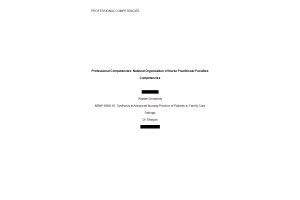NRNP 6568 Week 7 Comprehensive Practice Questions (All_Correct)
- $29.00
- Question: Which of the following contraceptive drugs are used in the treatment of acne?
- Question: Menopause is associated with a dramatic decline in estrogen levels.
- Question: Danger signs of oral contraceptives include all the following except:
- Question: Agnes is a 26 y/o female who comes to the clinic with intermittent episodes of moderate to severe cramping in the LLQ. She has bloating that is relieved with defecation. The most likely cause is:
- Question: Sara is a 38 y/o multipara who is in her 6th–7th month of pregnancy with her fourth child. She has a new onset of vaginal bleeding that is worsened by intercourse. On external physical exam, you note that her uterus is soft and non-tender to palpation. If Sara started having uterine cramping, then the most appropriate immediate treatment would be:
- Question: Martin is a 73 y/o male who has a 50 pack/year history of smoking and comes to the clinic for his annual physical. As you are leading him back to the exam room you note that he has dyspnea with minimal cough, a barrel chest, and appears to have lost weight since his last visit. Your physical exam confirms a 20 lb. weight loss and more noticeable pursed lip breathing. Given Martin’s condition, the first line treatment would be all the following except:
- Question: Martin is a 41 y/o male who comes to the clinic with the following symptoms: fever, chills, and malaise. On physical exam, the NP notes that he has a new murmur that was not present at his last visit and is aware that he has a prosthetic valve. He also has splinter hemorrhages on his nails, and petechiae on his palate. Treatment for Martin would include which of the following:
- Question: All of the following are in the LUQ of the abdomen except
- Question: Wen is a 48 y/o female who comes to the clinic with fatigue, weight gain, cold intolerance, constipation, and menstrual abnormalities. The NP orders a TSH and free serum T4 and thyroid peroxidase antibody (TPO). The TSH is 6.0 mU/L, the T4 is low, and the TPO is high. Her most likely diagnosis is:
- Question: John is a 7 y/o whose mother brings him to the clinic with the following chief complaint: “He fidgets and squirms all the time. His teachers tell me he has difficulty remaining in his seat, talks excessively, can’t wait for his turn, interrupts conversations, and acts like a robot.” Differential diagnoses for John would include all the following except:
- Question: In treating patients for depression, the first line pharmacological treatment would be:
- Question: Continuous antibiotic prophylaxis with which antibiotic is the most effective mode of treating UTIs:
- Question: Zina is a 34 y/o female who comes to the clinic with a chief complaint of 3 years of chronic heartburn. She states that she gets it after eating tacos and bacon. She has tried to self-medicate with OTC antacids with no improvement. In the exam, the NP notices a sour odor on Zina’s breath, thinning tooth enamel, and a chronic red throat. The most likely diagnosis is:
- Question: Ann is a primigravida in her 35th week of pregnancy and presents to the clinic with severe recurrent headaches, blurred vision, pitting edema, and right upper quadrant pain. Additionally, she has oliguria, nausea, and vomiting. Her urine protein is >1+. The only treatment for Ann would be:
- Question: Sara is a 38 y/o multipara who is in her 6th–7th month of pregnancy with her fourth child. She has a new onset of vaginal bleeding that is worsened by intercourse. On external physical exam, you note that her uterus is soft and non-tender to palpation. The most likely diagnosis for this condition is:
- Question: Mary is a new mother who was tested HBsAG+ during her prenatal screening process. Upon the birth of her infant, the newborn should be given HBIG and Hep B within:
- Question: All diastolic murmurs are abnormal.
- Question: Kyle is a 68 y/o male who comes to the clinic for his annual checkup. His chief complaint is that for the past couple of weeks he has had severe, sharp, excruciating pain in his abdomen, flank, and back. During the physical exam, the NP notices that on palpation of the abdomen she feels a palpable mass that is greater than 3 cm in width. This could potentially be:
- Question: Maria is a 26 y/o female in her third trimester of pregnancy. She has a sudden onset of vaginal bleeding and has a hypertonic uterus. She has a history of hypertension secondary to previous cocaine use. Her most likely diagnosis would be:
- Question: Juan, an 82 y/o male, is brought to the clinic by his daughter with LLQ pain, anorexia, nausea, and vomiting. Palpation of the abdomen reveals a positive rebound tenderness, positive Rovsing’s sign, and rigid abdomen. The NP in Juan’s case should
- Question: A 32 y/o female comes to the clinic for what she describes as “a dark-colored urine.” During the exam, the NP uses a urine dipstick to test for blood in the urine. In reading the results, he/she discovers the following false negative readings characterized by all the following except:
- Question: Sal is a 56 y/o male who the NP has seen on many occasions in the clinic. During her physical exam of the heart, the NP notices that he has a new mitral regurgitation murmur that is described as a Grade II. She notes that his murmur is associated with which part of the cardiac cycle?
- Question: Martin is a 17y/o male who comes to the clinic with the following chief complaint: “I have pain around my belly button and have had no appetite for the past 24 hours. I have had some nausea and have vomited three times. I have had a low-grade fever also.” During the clinical exam, the NP notices that Martin has some guarding and rebound tenderness in the RLQ. The most likely diagnosis for this patient is:
- Question: Andreas is a 22 y/o male who comes to the clinic with a UTI. In reviewing the labs that were drawn yesterday, you know that there are many squamous epithelial in the specimen. This indicates:
- Question: The most common drug trigger for Stevens-Johnson Syndrome include all the following except:
- Question: Hillary is an 18 y/o Caucasian who comes to the clinic with a chief complaint of hirsutism, acne, and amenorrhea. Her most likely diagnosis is:
- Question: Martin is a 41 y/o male who comes to the clinic with the following symptoms: fever, chills, and malaise. On physical exam, the NP notes that he has a new murmur that was not present at his last visit and is aware that he has a prosthetic valve. He also has splinter hemorrhages on his nails, and petechiae on his palate. Additional diagnostic criteria for Martin’s presumed diagnosis would include which of the following:
- Question: H. pylori is a common cause of both duodenal and gastric ulcers.
- Question: Zina is a 34 y/o female who comes to the clinic with a chief complaint of 3 years of chronic heartburn. She states that she gets it after eating tacos and bacon. She has tried to self-medicate with OTC antacids with no improvement. In the exam, the NP notices a sour odor on Zina’s breath, thinning tooth enamel, and a chronic red throat. Some lifestyle changes to treat Zina’s condition would include which of the following?
- Question: Zollinger-Ellison syndrome causes high levels of acid production in the stomach.
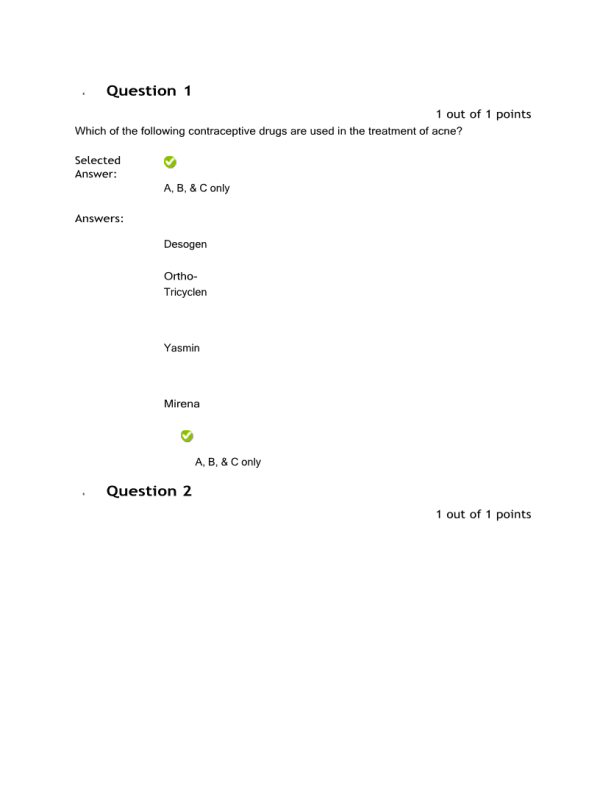
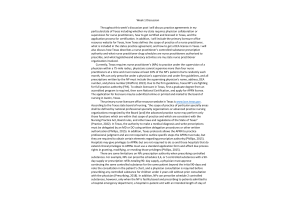
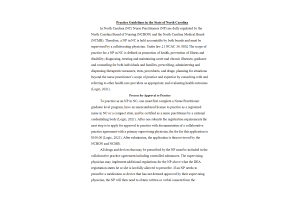
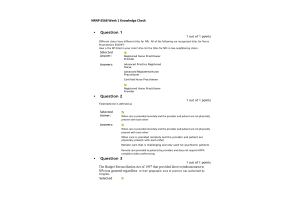
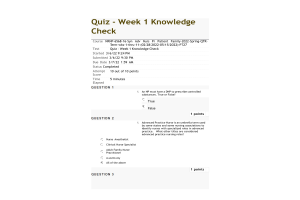
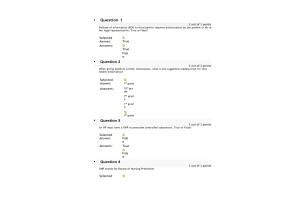
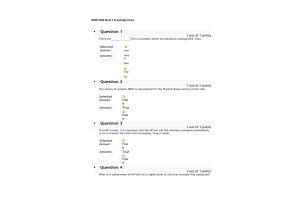
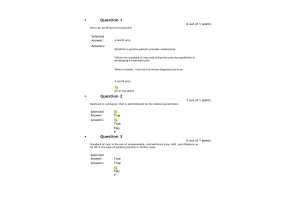
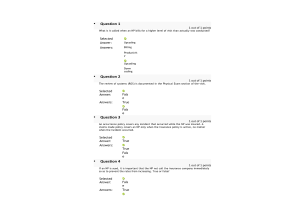
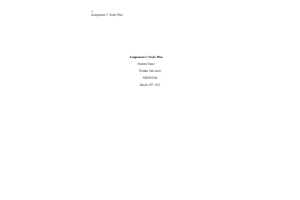
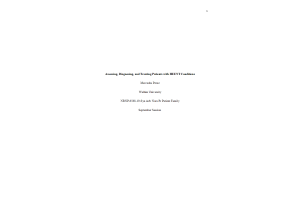
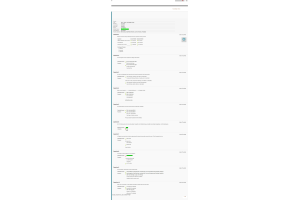
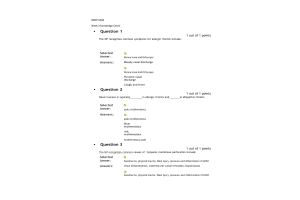
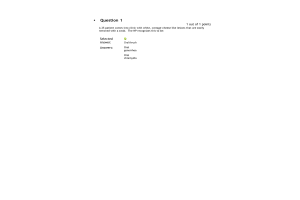
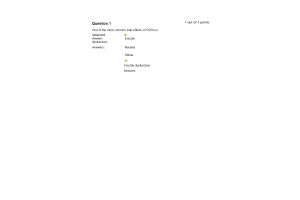
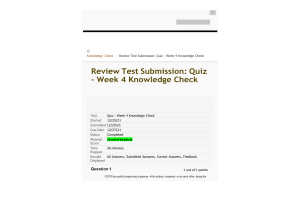
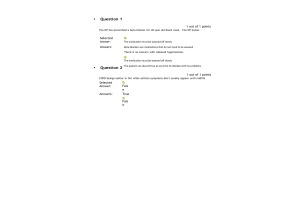
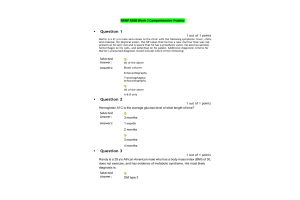
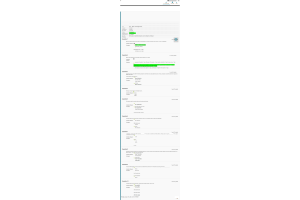
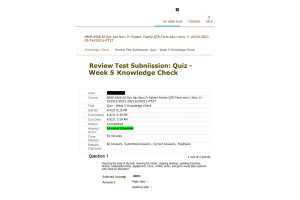
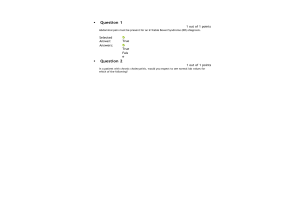
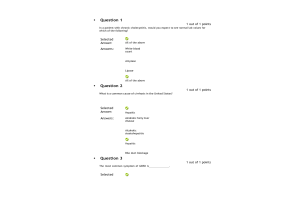
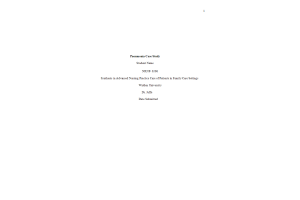
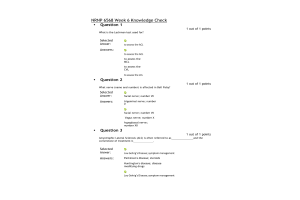
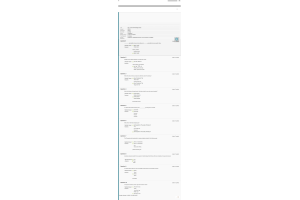
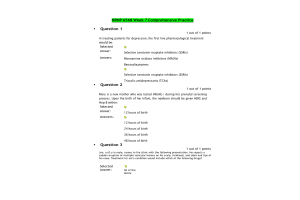
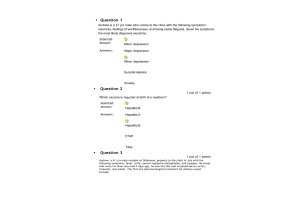
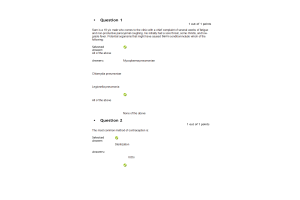
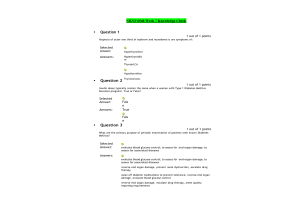
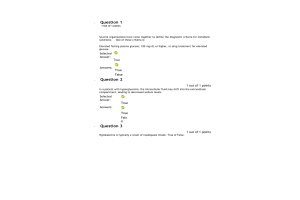
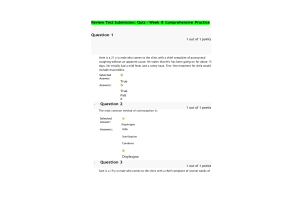
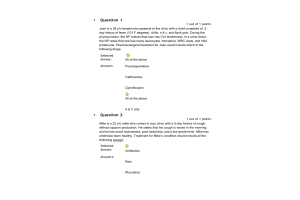
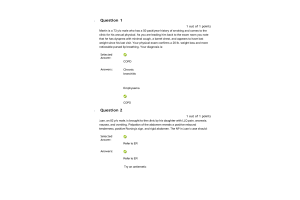
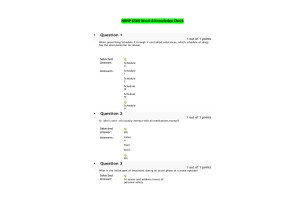
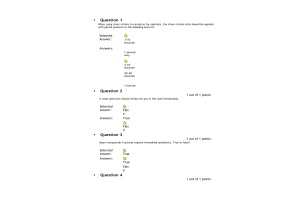
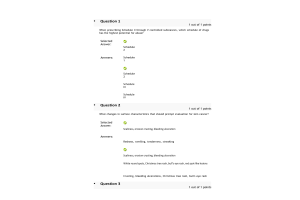
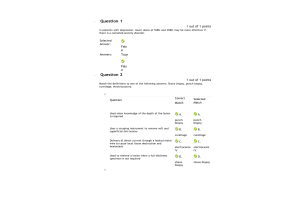
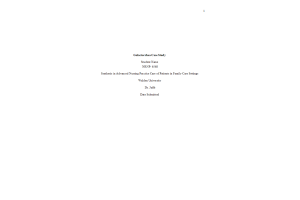
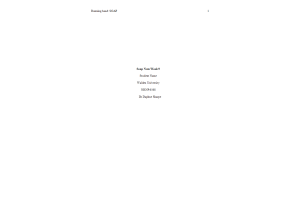
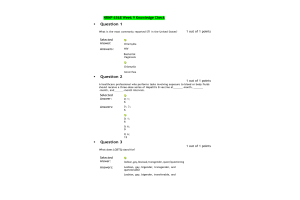
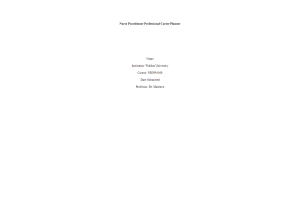
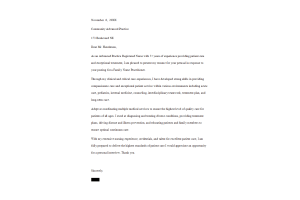
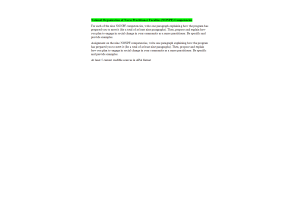

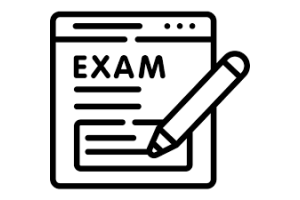

-300x200.png)


